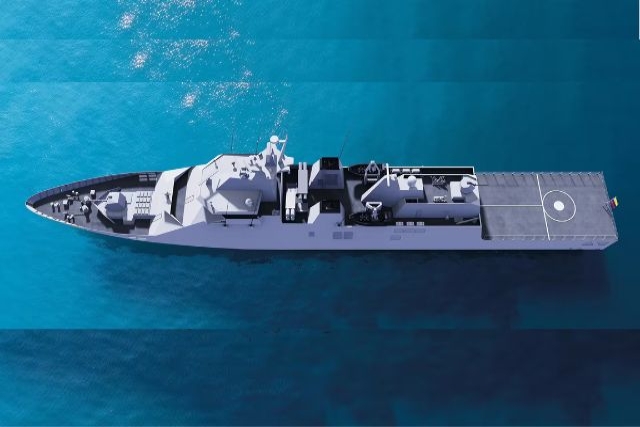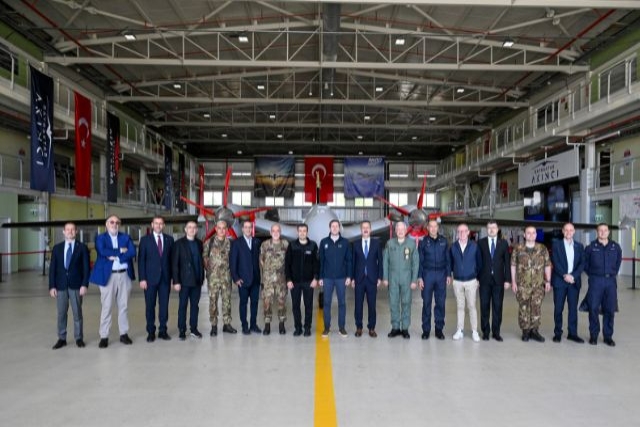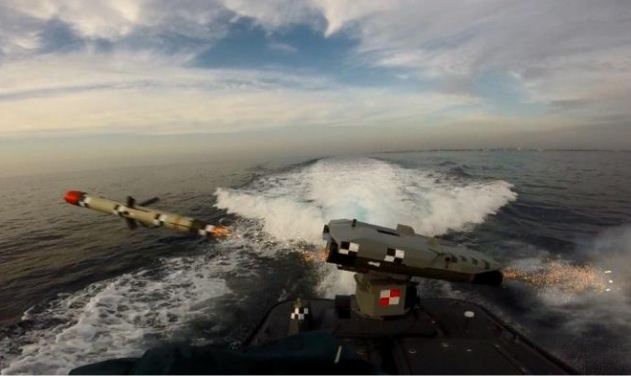BAE awarded $71 million contract for MRAP vehicles by US
BAE Systems has received a $44 million contract modification from the U.S. Marine Corps Systems Command to provide field service support and instructor services for mine resistant, ambush protected vehicles. The company also received a $27.1 million contract to equip U.S. Army MRAPs with combat-proven Check-6® thermal camera systems that enhance mission effectiveness and soldier safety. “Our field service representatives and instructors are working side by side with the service members who use and depend on these vehicles,” said Ann Hoholick, vice president and general manager of new vehicles and amphibious systems for BAE Systems. “We’re there to share our vehicle expertise and to make their lives easier as they prepare to protect us.” More than 200 BAE Systems field service representatives and instructors are deployed to support service members in Iraq and Afghanistan. Living alongside the soldiers, Marines, airmen, and sailors gives them a unique perspective and ability to support their missions. Work under this contract modification also is being performed now on military installations in the U.S. and will continue until December 2010. BAE Systems’ Check-6 camera system gives MRAP occupants day, night, and all-weather visibility, enabling combat crews to “see” outside the vehicle while remaining within its protective armor. Each system consists of an infrared camera and a control box. Field service representatives will install the systems, perform engineering upgrades and troubleshooting, and train U.S. troops to drive and maintain the vehicles. The company will deliver almost 4,000 Check-6 systems as upgrades to existing MRAPs. “Before BAE Systems created the Check-6 system, soldiers couldn’t see what was behind them without exiting the vehicle,” said Lila Hillin, the company’s Check-6 program manager. “Check-6 protects crews by providing them with high-performing electronic situational awareness that’s critical in today’s combat environments.” The Check-6 camera is completely contained in the vehicle’s taillight housing and can be readily adapted and installed on most current and future Army vehicles with no modifications to the vehicle structure. A reliable, low-cost rear-visibility solution, the system contains long-wave infrared sensors molded into the housings of the vehicles' tail lamps.









